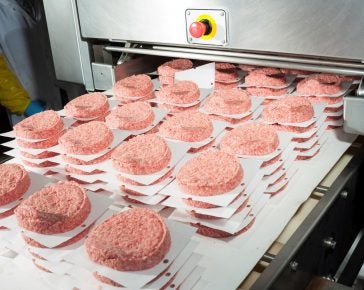
PFAS are a class of chemicals used in many household items and have desirable chemical properties that can make objects water, fire, or stain resistant. They are also used in food packaging materials, but often leach into the foods they hold and consequently result in accumulation in the human body. This was demonstrated in a recent study that used data from the CDC’s National Health and Nutrition Examination Survey to analyze blood samples collected from over 10,000 people between 2003 and 2014.
The survey also asked participants providing the blood samples how often they ate fast food over the past day, week, and month. Results showed that participants that ate fast food consistently over the last 24-hour period had higher PFAS levels in their blood. Five different types of PFAS were found in the blood of almost 70% of survey participants.
Because of their inability to degrade over time, PFAS have been labeled ‘forever chemicals.’ Several studies have linked PFAS exposure to cancer, thyroid disorders, hormonal changes and weight gain, but the threshold at which these chemicals begin to effect human health is unclear. Laurel Schaider, environmental engineer and chemist for the Silent Spring Institute, states, “We’re still learning about health effects that may occur at lower and lower levels of exposure.”
The amount of exposure to PFAS from individual to individual can vary widely, as does the level of PFAS in the environment when it is discarded. Thus, it is important for consumers to be aware of what types of chemicals they are exposed to and how to reduce their use of products that use these chemicals, which includes many common consumer goods such as food packaging.

